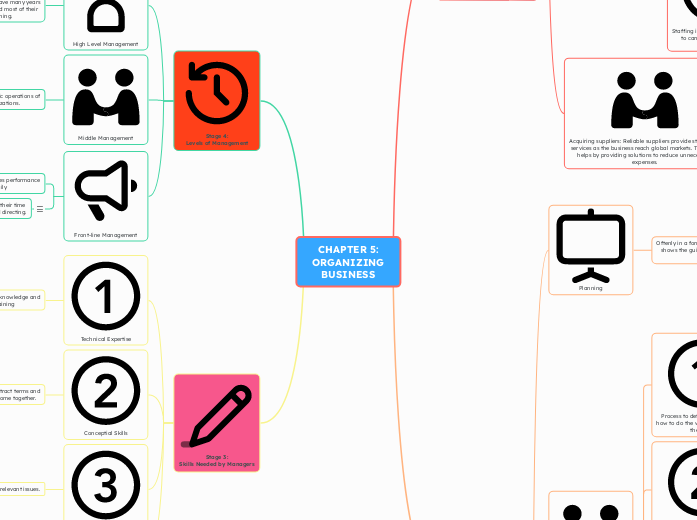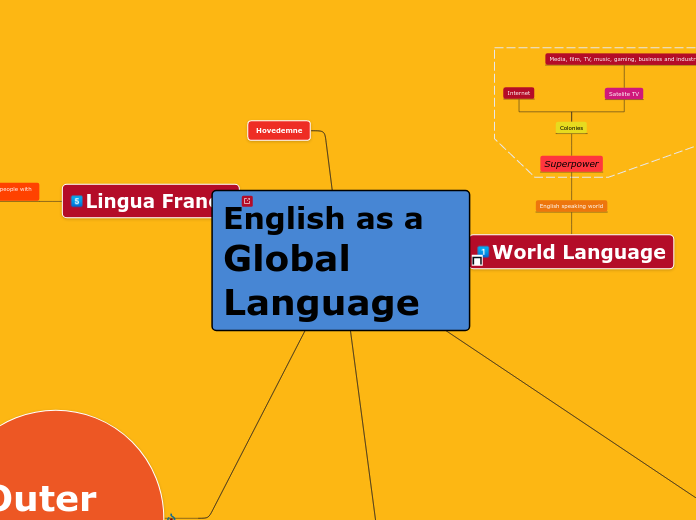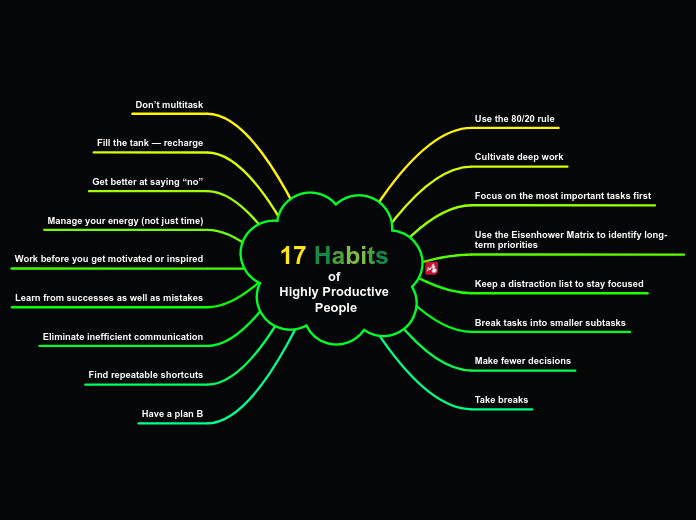CHAPTER 5:
ORGANIZING
BUSINESS
Stage 3:
Skills Needed by Managers
Human Relations Skills
Ability to deal with people.
Analytical Skills
Identifying relevant issues.
Conceptial Skills
Thinking in abstract terms and
seeing parts come together.
Technical Expertise
Specialized knowledge and
training
Stage 4:
Levels of Management
Front-line Management
spend most of their time
controlling and directing.
Notes
Direct employees performance
daily
Middle Management
Involved in specific operations of
the organizations.
High Level Management
High level managers such as Chief
Executive Officer. Have many years
of experience,spend most of their
time planning.
Stage 2:
Management Functions
Controlling
consists 5 activities:-measurig
performance,comparing
performance,identifying
standards,investigating causes and
taking actions like giving
punishments.
Measuring and supervising
progress.
Directing
Decision making authority will be
given to younger employees to
increase their morale.
Providing stimulant to the workers
for them to work flawlessly like
promising raised in salary or
promotion.
Giving rewards and recognition to
the one who deserved.
Encouraging employees to finish
their work by providing deadlines.
Leading and instructing to achieve
organization's goals.
Organizing
improving competitiveness.
helps avoid work duplication
Improves communication=can
adapt with any environment.
Establishes line of authority
Helps creating a balanced and fair
work.
Process to determine what and
how to do the work or who will the
the work.
Planning
Oftenly in a form of written documents that
shows the guideline of an organization's
objectives
4)Crisis Management(contingency
planning)=postponed due to
disasters, computer or internets
problem and so on.
3)Operational Plans=very short
term. Used to achieve tactical and
strategic plan.
2)Tactical Plans=Specific and short
term. Only used when needed.
1)Strategic Plans= used for
longterm activity
These are the examples of
planning:-
Stage 1:
The Importance of Management
Acquiring suppliers: Reliable suppliers provide stocks and
services as the business reach global markets. They also
helps by providing solutions to reduce unnecessary
expenses.
Managers
Staffing is when people are hired
to carry out the work in an
organization.
Downsizing is the termination of
employees at the same time from
an organization.
Can be in a group or a single
individuals with leadership skills
and are tasked to make decisions.
Management
Process to obtain organization's
goals by using resources effectively
and efficiently.









